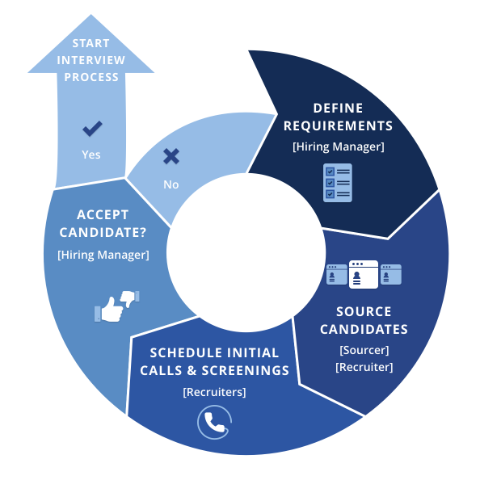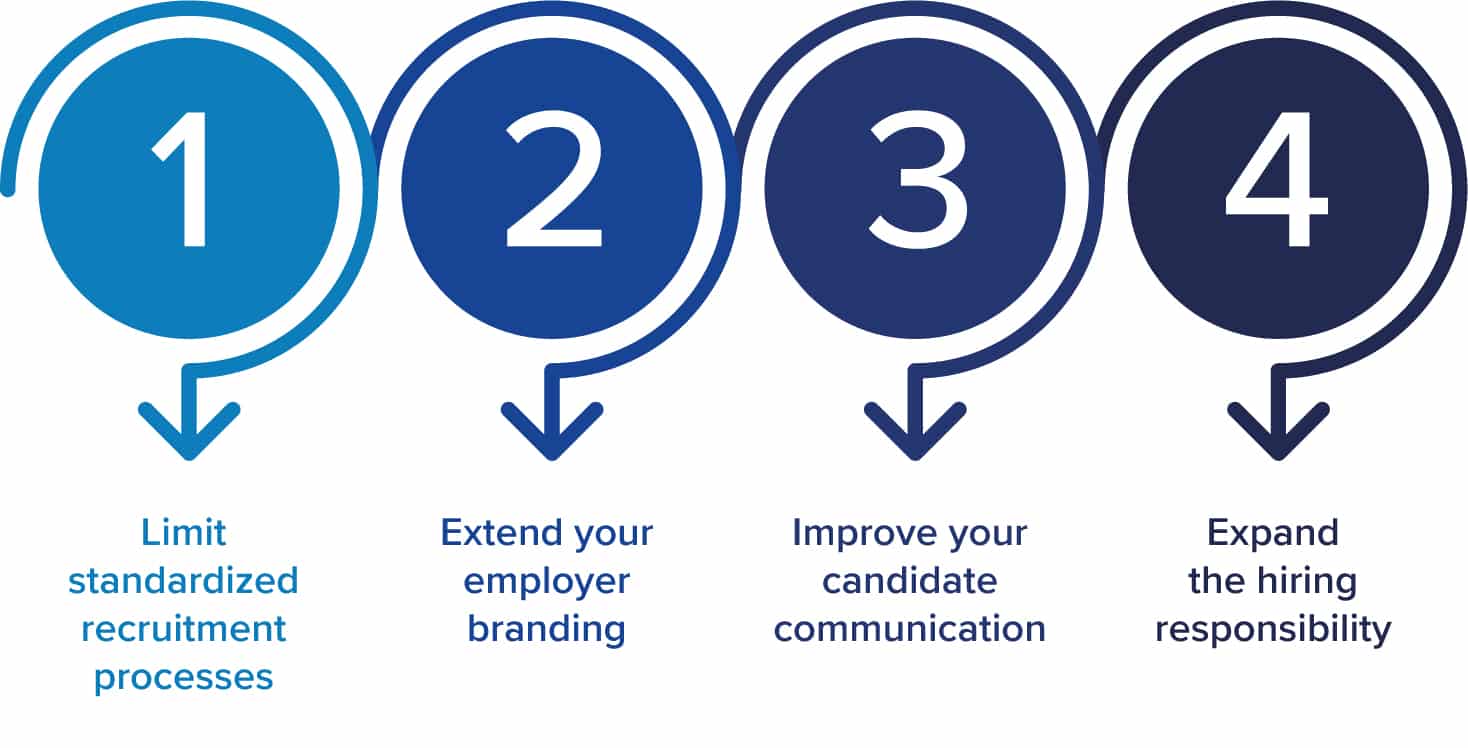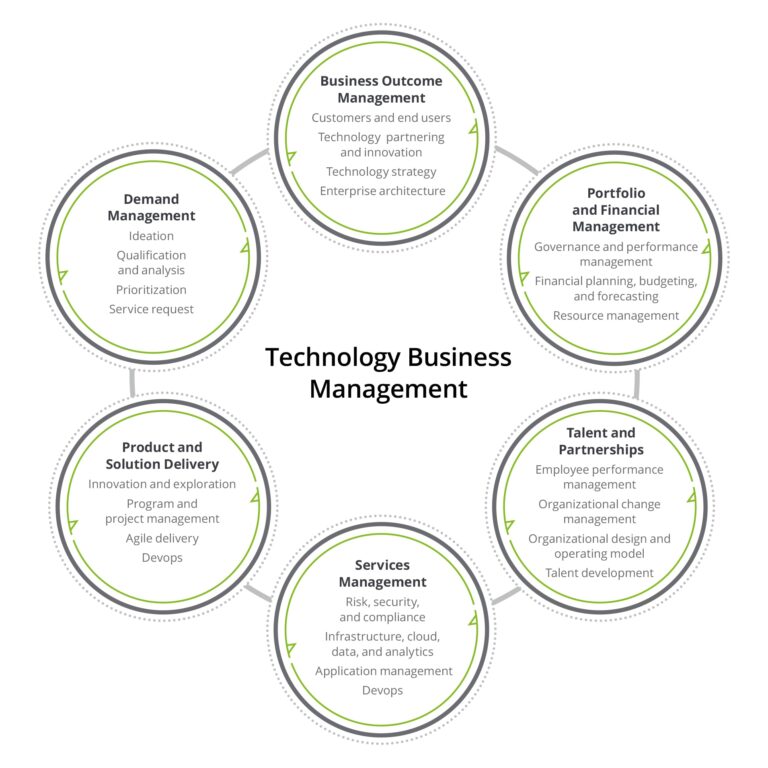How Do You Optimize The Recruiting Process?
The recruiting process is a crucial part of any successful business. It’s essential to have a streamlined recruiting process in order to attract and hire the best candidates for the job. Optimizing the recruiting process can help make it more efficient and effective, while ensuring you get the right people for the job. This can involve streamlining the application process, using technology to automate certain tasks, revamping the interview process, and using data-driven decisions to better target potential candidates. Additionally, it helps to have a clear understanding of your ideal candidate profile, as well as taking the time to build strong relationships with potential candidates. All of these strategies can help optimize the recruiting process and ensure you make the best hiring decisions for your business.
Defining the Recruiting Process
The recruiting process is the process of finding and hiring qualified job candidates. It encompasses the entire process from the job posting to the candidate’s onboarding, and includes a variety of activities such as sourcing, screening, interviewing, and making offers. Optimizing the recruiting process is essential for companies looking to improve efficiency, reduce costs, and increase the quality of the hires. In order to do this, it is important to understand the various steps involved in the recruiting process and how they can be improved.
The first step in optimizing the recruiting process is to define the ideal job candidate. This will involve creating a profile of the ideal candidate that includes a description of their skills, experience, and qualifications. Once this is done, the company can use this profile to source potential candidates, screen resumes, and select the most qualified job seekers.
The next step is to create an effective recruitment process. This includes setting up recruitment channels, creating job postings, and developing a system for tracking applicants and making offers. It may also involve leveraging technology to automate certain parts of the process.
Finally, companies need to focus on optimizing their recruitment efforts by tracking key metrics. This includes monitoring the response rate to job postings, the time-to-hire, and the quality of the hires. By tracking these metrics, companies can identify areas for improvement and ensure that their recruiting process is as efficient as possible.
Identifying Recruiting Challenges
Recruiting is a complex and intricate process that involves many moving pieces. Failing to optimize the recruiting process can lead to costly mistakes, poor hires, and an overall decrease in the quality of a business’s talent pool. It is therefore essential for businesses to understand the challenges associated with recruiting and identify potential solutions.
One of the main challenges businesses face when it comes to recruiting is sourcing qualified candidates. This can be difficult, as there is an ever-increasing competition for the best and brightest talent. Additionally, many businesses are limited in their ability to recruit outside of their local area. To counter this challenge, businesses should take advantage of a variety of recruiting channels, such as job boards, social media, and even referrals.
Another challenge businesses face is the time it takes to review and assess the candidates. This can be especially difficult if there is a large volume of applicants. To streamline the process, businesses should consider using automated tools such as applicant tracking systems and AI-driven recruitment software. These tools can help to quickly narrow down the candidate list to the most qualified applicants.
Finally, businesses must consider the costs associated with recruiting. The cost of advertising, background checks, and onboarding can quickly add up. To reduce costs, businesses should look into ways to optimize their recruiting process, such as using AI-driven recruiting tools and leveraging referral programs.
In conclusion, there are many challenges associated with recruiting and optimizing the process. By understanding these challenges, businesses can ensure that they are able to source the best talent and do so in a cost-effective manner.
Leveraging Technology and Automation
The recruiting process can be complicated and time-consuming. To optimize the process, organizations should leverage technology and automation to streamline the process. Automation can save time and money by eliminating manual processes, while also improving accuracy and consistency. Technology can also help to identify and target potential candidates, providing recruiters with a more efficient way to find qualified personnel. Additionally, automation can enable recruiters to review resumes faster and more accurately, allowing them to make more informed hiring decisions. Automation can also reduce paperwork and eliminate repetitive tasks, freeing up recruiters to focus on more strategic tasks. By leveraging technology and automation, organizations can optimize the recruiting process, making it more efficient, accurate, and cost-effective.

Implementing Best Practices
Recruiting is an important process for any organization. It is essential to ensure the right person is hired for the right job. The first step to optimizing the recruiting process is to identify and implement best practices. Best practices are strategies and methods that have been proven to work in recruiting.
These practices can include using the right technology, developing an effective candidate assessment process, utilizing recruitment marketing tools, and focusing on candidate experience. Technology can be used to automate parts of the recruitment process, while recruitment marketing tools can help to attract top talent. Ensuring a positive candidate experience is essential as well, as this can help to create a positive impression of the organization and make it easier to secure the best candidates.
Additionally, it is important to have an effective candidate assessment process. This should involve understanding the job requirements, the desired skills, and any other relevant criteria. The assessment should also be fair and consistent with the organization’s values. This will help to ensure the right candidates are identified and chosen for the job.
By implementing best practices, organizations can optimize their recruitment process by providing an efficient, effective, and fair system that will help to ensure the right people are hired.
Measuring Recruiting Performance
Recruiting performance is a key metric for assessing the success of an organization’s recruitment efforts. To effectively measure and optimize the recruiting process, organizations should track key performance indicators (KPIs) related to their recruiting efforts. Common KPIs include time-to-fill, cost-per-hire, quality-of-hire, and employee retention rate. These metrics can help organizations identify areas that need improvement and determine if their recruiting strategies are effective. By tracking KPIs, organizations can gain valuable insights into their hiring process, such as whether they are sourcing the right type of candidates and how quickly their candidates are hired. Additionally, organizations can use KPIs to benchmark their performance against their competitors and industry standards.
By tracking and analyzing these metrics, organizations can make informed decisions about their recruiting strategies, improve the efficiency of their recruiting process, and ultimately optimize their recruiting performance. Furthermore, organizations should invest in recruiting software and analytics solutions that can provide real-time insights into their recruiting efforts and help them track and analyze their KPIs. This will provide organizations with the information necessary to make informed decisions about their recruitment process and improve their recruiting performance.
Refining Recruiting Strategies
Recruiting is an essential part of any business. To ensure success, it’s important to have an effective and efficient recruitment process. As the world of work evolves, so too must recruiting strategies. Optimizing the recruiting process is key to finding the best talent and creating a successful workforce.
Organizations should consider leveraging technology to streamline the recruitment process, as technology can help automate and simplify many of the manual steps that can be time-consuming and inefficient. Additionally, organizations should focus on creating a positive candidate experience, as this can increase the likelihood that a candidate will accept a job offer.
Organizations should also consider the use of analytics to measure the effectiveness of their recruitment efforts. This data can provide valuable insights into which methods are most successful, as well as which areas need improvement. By understanding where improvements can be made, organizations can tailor their recruitment approach to be more effective.
Finally, organizations should ensure that their recruitment efforts are in line with their overall company objectives. This can help ensure that the recruitment process is aligned with the company’s goals and values, as well as provide a unified direction for the organization. By optimizing the recruiting process, organizations can identify and attract the best talent, while also ensuring that their recruitment efforts are successful and cost-effective.
FAQs About the How Do You Optimize The Recruiting Process?
1. What tools are available to help optimize the recruiting process?
Answer: There are a variety of tools that can be used to optimize the recruiting process, including applicant tracking systems, automated interview scheduling, and applicant assessment tools.
2. What steps can I take to ensure the recruitment process is optimized?
Answer: To optimize the recruitment process, it is important to ensure you have a well-defined recruitment process in place, review job descriptions regularly, focus on candidate experience, utilize automation where possible, and track recruitment data.
3. How can I measure the success of the recruitment process?
Answer: Measuring the success of the recruitment process can be done by tracking metrics such as time to hire, number of candidates interviewed, and offer acceptance rate.
Conclusion
Optimizing the recruiting process is an important step in ensuring that you are able to hire the right people for the job. By taking the time to plan out a strategy that includes the use of technology, analytics, and other tools, you can create a more efficient and effective recruitment process. With the right approach, you can save time, resources, and money while also finding the best talent for the job.





